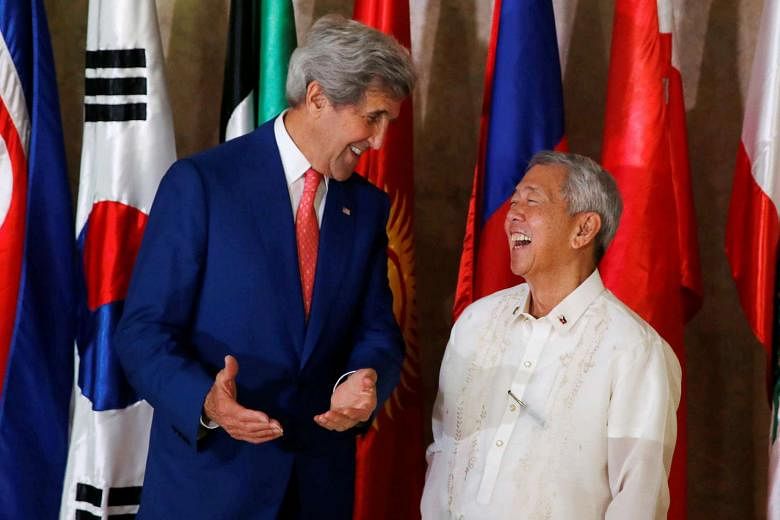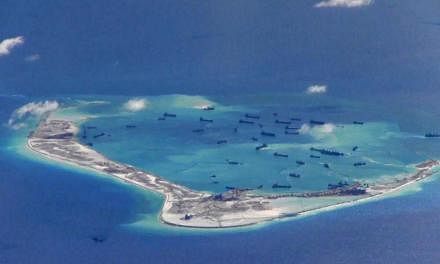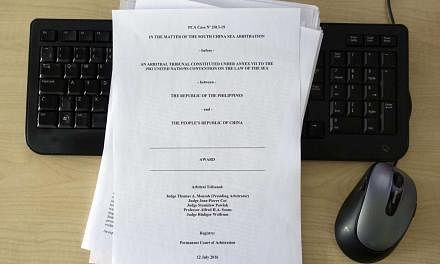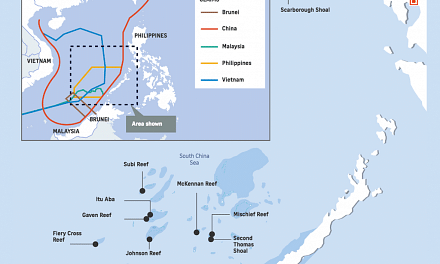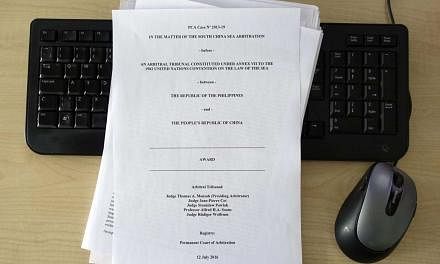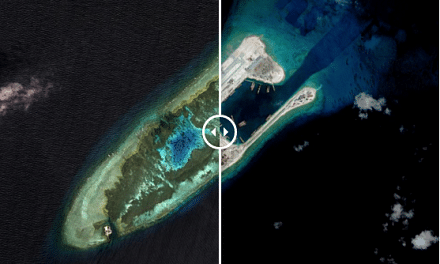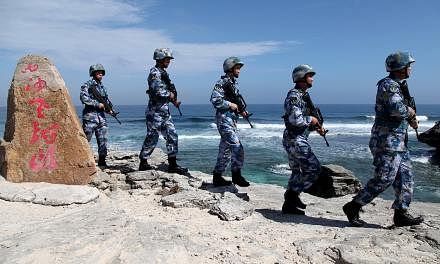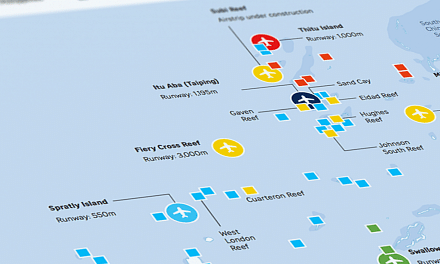MANILA - US Secretary of State John Kerry said on Wednesday (July 27) that it is "impossible" for a landmark tribunal ruling striking down China's expansive claims in the South China Sea "to be irrelevant".
"It is a legally binding decision of the court, recognised under international law," Mr Kerry said at a news conference here.
Mr Kerry was asked whether a July 12 ruling by an arbitration tribunal against China's territorial claims had become "irrelevant", as it was not mentioned in a joint statement issued by South-east Asia's foreign ministers at the end of their meeting in Laos on Tuesday.
"I was very satisfied that the communique clearly referenced all legal rights, all legal decision, all legal processes, without mentioning the arbitration," said Mr Kerry.
"Sometimes, frankly at a meeting like that and in diplomacy, you don't always have to include every single word that may, in fact, sometimes make it harder to get to the dialogue that you want to get to," he added.
The five-man tribunal rejected China's claims to the South China Sea as defined by Chinese maps with a "nine-dash line" encircling over two-thirds of the disputed waters.
The line overlaps with territories claimed by the Philippines, Vietnam, Malaysia, Brunei and Taiwan.
China has dismissed the ruling in the case filed by the Philippines at The Hague, and has been pressing the Association of South-east Asian Nations (Asean) to exclude references to it in any joint statement.
The Asean communique issued in Laos did not mention the tribunal's decision, which had been seen as largely favourable to the Philippines.
Instead, the ministers said in general terms that they are committed to resolving disputes via "legal and diplomatic processes, without resorting to the threat or use of force, in accordance with the universally recognised principles of international law, including the 1982 United Nations Convention on the Law of the Sea (Unclos)."
A Reuters report earlier said a weekend deadlock between Asean foreign ministers was broken only when the Philippines withdrew its request to mention the ruling in the face of objections from Cambodia, China's closest Asean ally.
In a separate news conference on Wednesday, the Philippine Foreign Minister Perfecto Yasay disputed reports that China scored a "diplomatic victory" in Laos.
"Yes, vigorously," Mr Yasay said, when asked if Manila sought to include the tribunal ruling in the Asean communique.
"I pushed for the inclusion and mentioning of the arbitral tribunal award. This was a diplomatic tack. But we knew there was a middle ground," he said.
Like Mr Kerry, Mr Yasay insisted that, even if they did not mention the outcome of the Philippine case against China, the Asean foreign ministers "had in mind the disputes in the South China Sea".
He cited a paragraph in the communique that expressed Asean's "serious concerns" over "land reclamations" undertaken by China in the South China Sea.
There were also references to "an escalation of activities… which have eroded trust and confidence, increased tensions and may undermine peace, security and stability in the region", he said.
Mr Yasay also pointed out another paragraph that reaffirmed the "importance of maintaining and promoting peace and security, and stability and safety and freedom of navigation in and overflight above the South China Sea".
The Laos statement, he said, "is a triumph for Asean".
